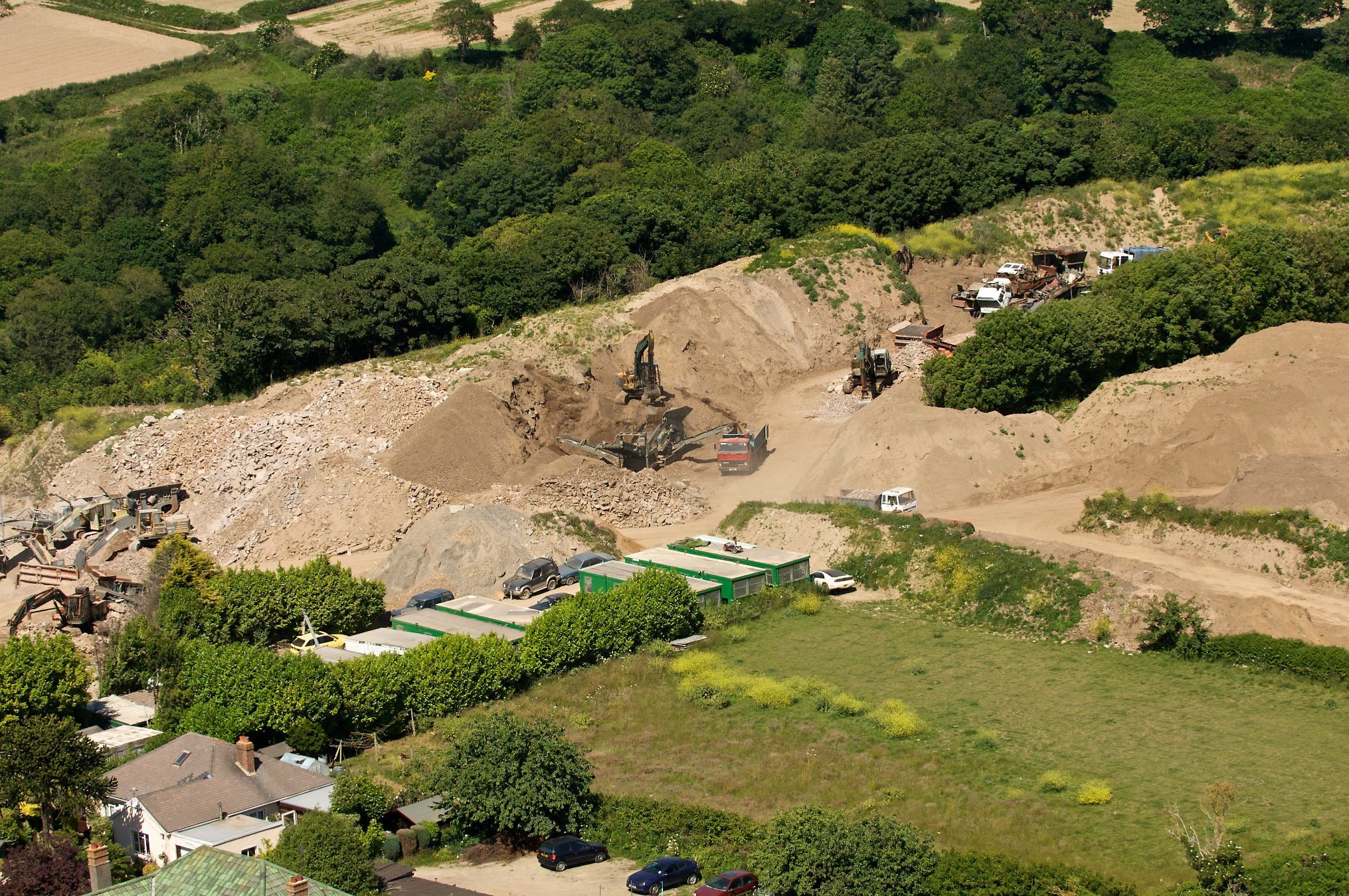The application, submitted by Dandara on behalf of Broadlands Private Hotel, consisted of 19 two-bedroom and five three-bedroom properties and included plans to return two fields to agricultural use. The Mont Fallu site is owned by Wayne Philip Le Marquand.
Under the policies set out in the Island Plan, the document that governs planning and building in Jersey, green-zone land carries extra protection. Because the application included the development of green-zone land, the Environment Minister decided that the proposals should be reviewed by a public inquiry. This was overseen by Philip Staddon, an independent UK-based inspector. He also raised other issues, including the future sustainability of the planned development.
‘At a strategic level the proposed housing development would not be sustainable. It is in a location significantly divorced from the built-up area, remote from day-to-day services and with poor accessibility by walking, cycling and public transport,’ he said in his report.
Other concerns raised during the course of the inquiry included the site’s proximity to the Airport runway, the fact the proposals went against an Island-Plan presumption that development in already built-up areas is preferred and fears the scheme would lead to a loss of employment land.

Mr Staddon’s report continued: ‘The applicant has made clear that, if the housing proposal is not allowed, the [existing] commercial use will be consolidated through the erection of consented large buildings, the use accordingly intensified with more employees present and there will be no easy – or any – future site-restoration opportunity. I further recognise that some nearby residents would, understandably, prefer a housing development to a waste or recycling operation.’
The report added: ‘However, in the bigger picture the benefits [of the proposed development] are quite limited and localised. The site is a consented waste-and-recycling premises and is covered by relatively recent planning assessments, permissions and parallel regulatory controls.
‘Moreover, such operations, which play an important economic and sustainability role, are not altogether unusual or indeed inappropriate in countryside locations where they can operate away from high concentrations of residential neighbours and, in this case, are heavily screened from view.’
Mr Staddon recommended that the proposals should be rejected and Environment Minister John Young subsequently refused the application.






